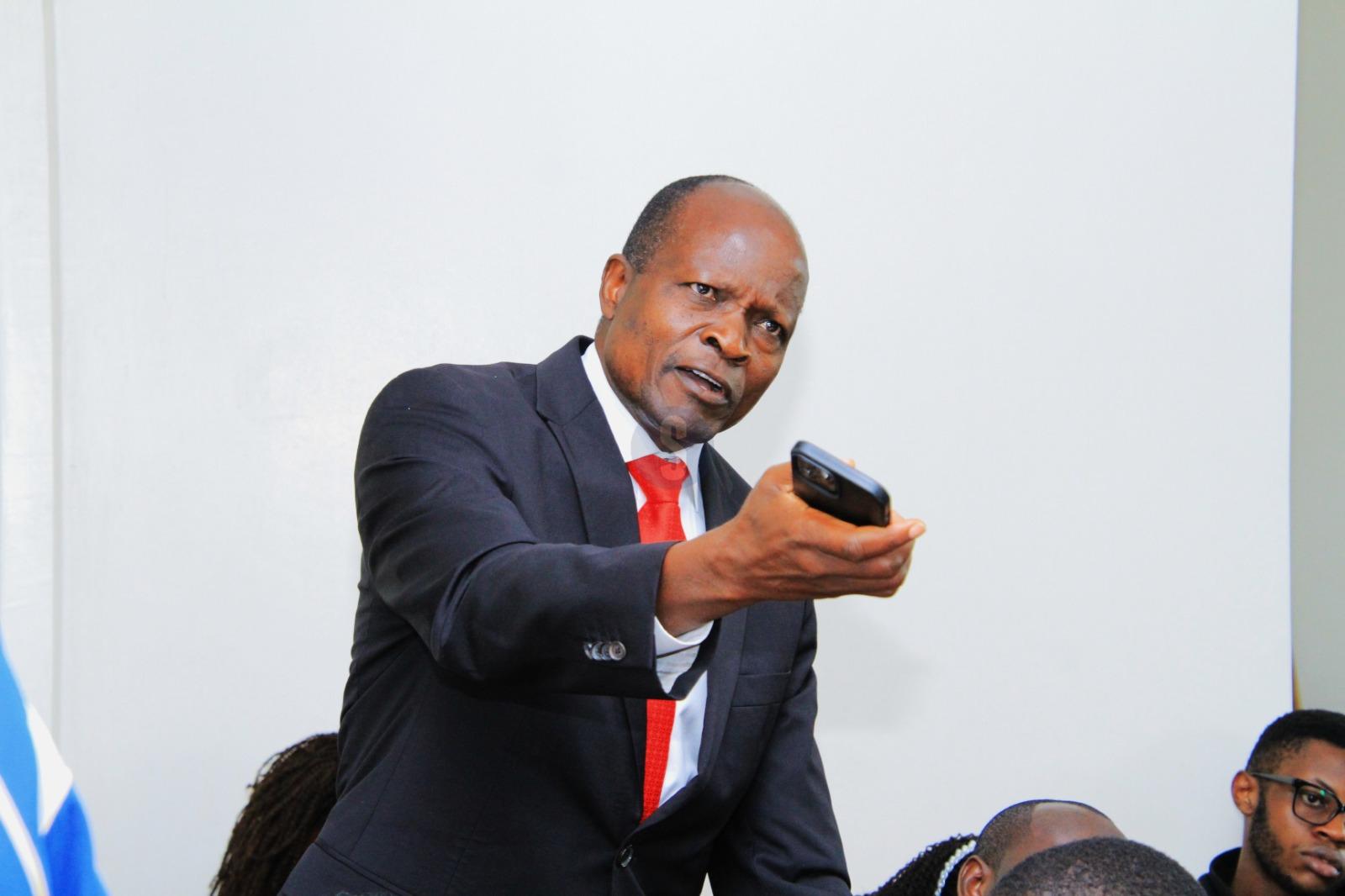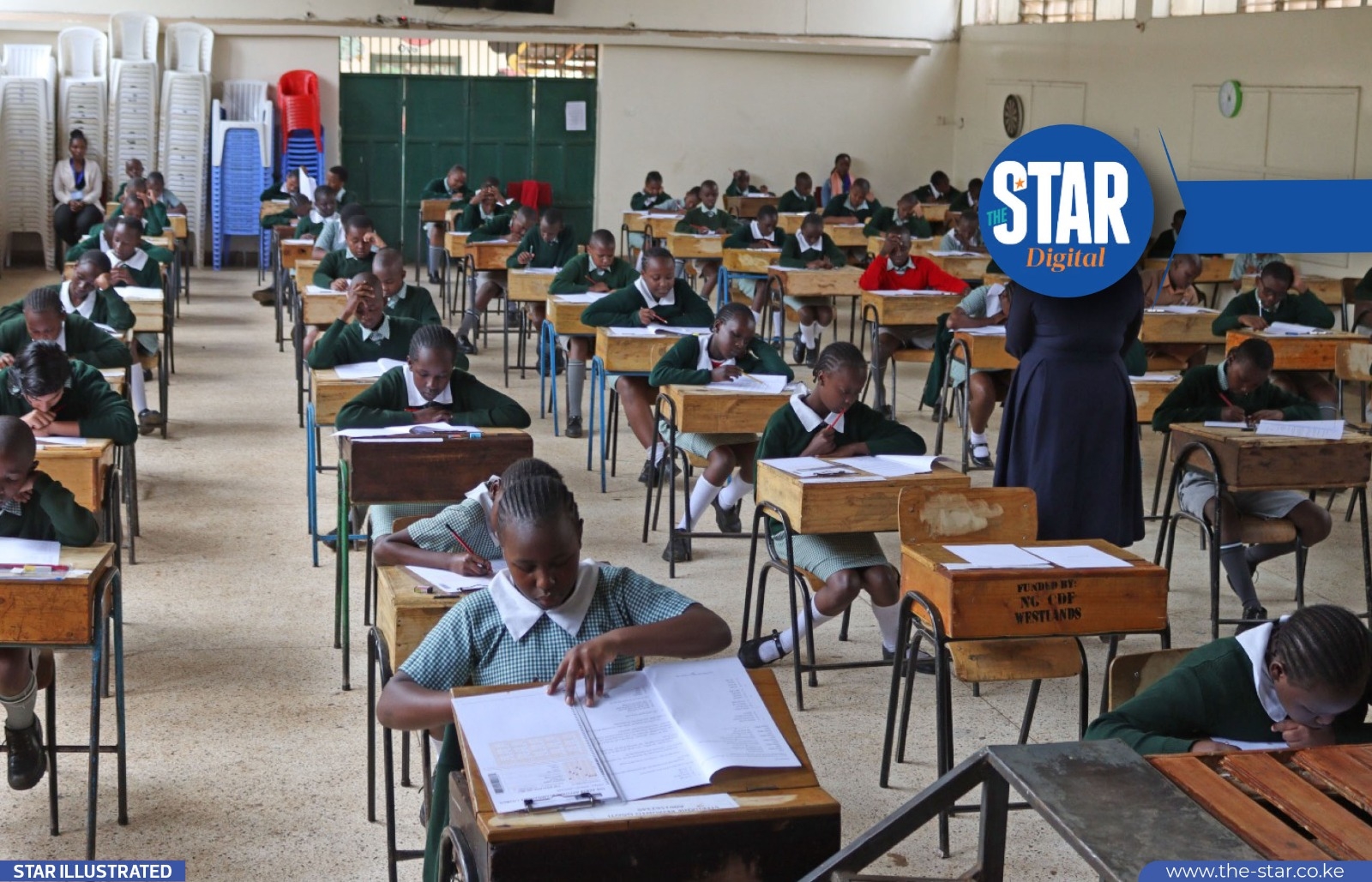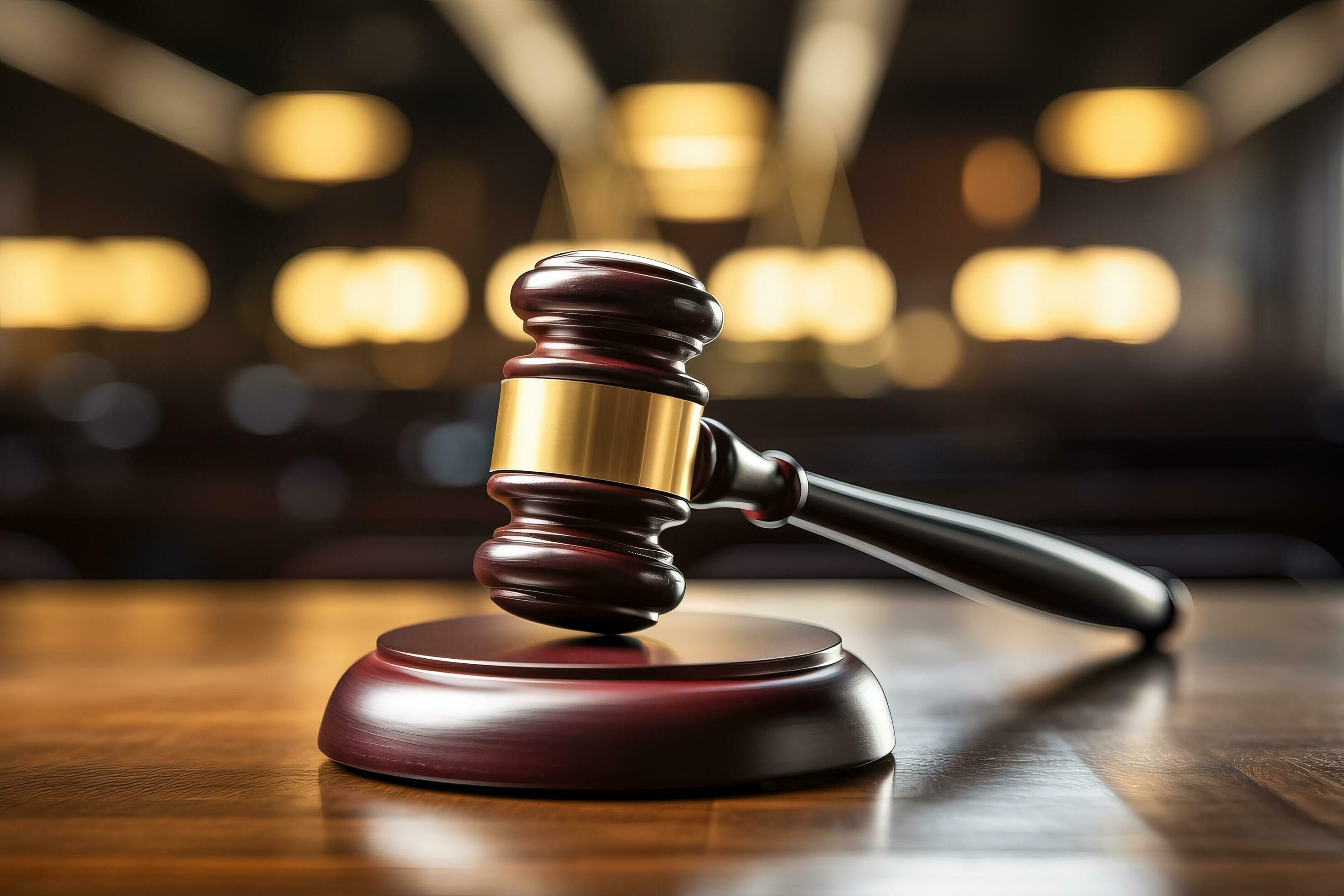

A Nairobi court has scheduled the plea bargain case involving former Migori
Governor Zachary Okoth Obado for mention on September 30, 2025, at 8:15 a.m..
This follows a dispute between the Ethics and Anti-Corruption Commission
(EACC) and the Office of the Director of Public Prosecutions (ODPP).
The ruling was delivered on Friday, September 5,
by Principal Magistrate Charles Ondieki at the Milimani Law Courts.
The magistrate directed that the accused persons and their co-defendants
were at liberty to attend the session virtually or in person.
During the proceedings, EACC counsel strongly
objected to the plea bargain filed in court, insisting the anti-graft agency
had not been consulted or given a draft of the agreement.
“The commission has not signed the agreement
and was never given a draft to review, yet the prosecution and defense
proceeded to file it,” Gichagi told the court.
According to him, the plea bargain was
irregular since the law requires the involvement of all relevant agencies,
particularly in corruption-related matters where public assets are at stake.
The prosecution, however, dismissed the
objections, maintaining that the plea bargaining process was transparent and
consultative.
Prosecutors told the court that three meetings had been held with the EACC
and the defence before a consensus was reached.
They further revealed that assets worth
Sh235.6 million had already been surrendered under the deal.
The forfeited property includes eight parcels
of land spread across Nairobi and Migori, two Toyota Land Cruiser vehicles, a
Sh40 million house in Loresho, a Sh88 million commercial block in Suna East,
and two residential blocks valued at Sh57.6 million. Prosecutors insisted that
the agreement was binding since the accused had already forfeited property
without any compensation clause included.
Obado’s defense team accused the EACC of
overstepping its mandate and attempting to interfere with the ODPP’s
constitutional role.
“The EACC is attempting to usurp the powers
given to the Office of the DPP. Article 157 is clear, only the accused, the
DPP, or the court can terminate proceedings,” the lawyers submitted.
The defence emphasised that the plea bargain
had been entered into voluntarily and in line with the Constitution, making the
objections irrelevant.
Despite the submissions, EACC maintained that
the process was flawed.
Gichagi argued that under the Criminal Procedure Code, withdrawal of charges
can only be effected through either Section 87, a formal withdrawal application by the DPP, or
Section 137, a properly executed plea bargain agreement signed by all parties.
“If the DPP wants to withdraw under Section
87, let them make a formal application. If it is under Section 137, the plea
agreement must strictly follow the law,” said Gichagi.
Obado, together with his relatives,
associates, and companies, was charged in 2021 with the misappropriation of
Sh73.4 million from Migori County through a network of proxy companies.
The case has attracted significant public interest given the high-profile
nature of the accused, the amount of money involved, and the question of
accountability in Kenya’s use of plea bargaining in corruption cases.
The case will return to court on September 30,
2025, for further directions, where the court is expected to clarify whether
the contested plea bargain agreement will stand or if fresh applications will
be required.














